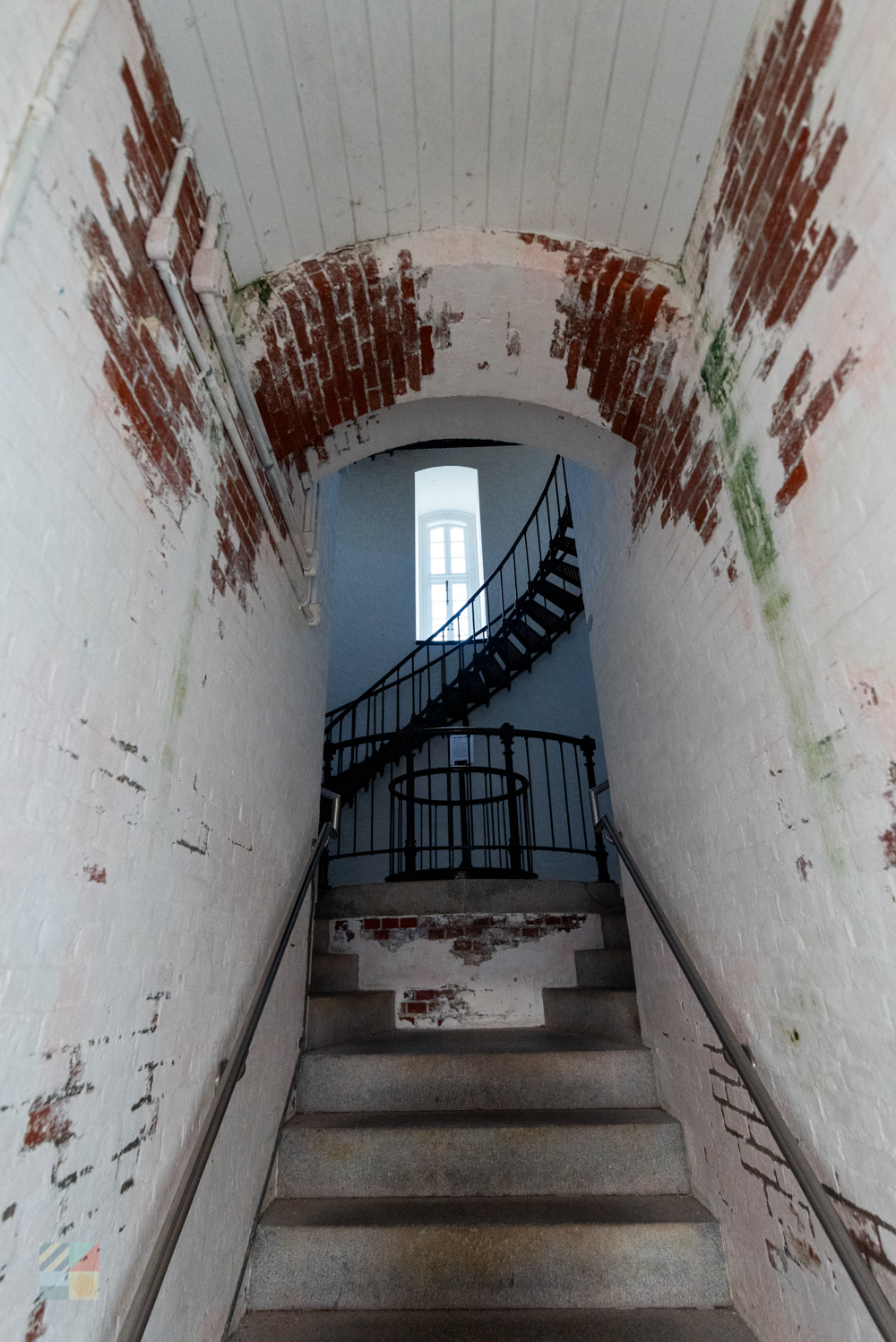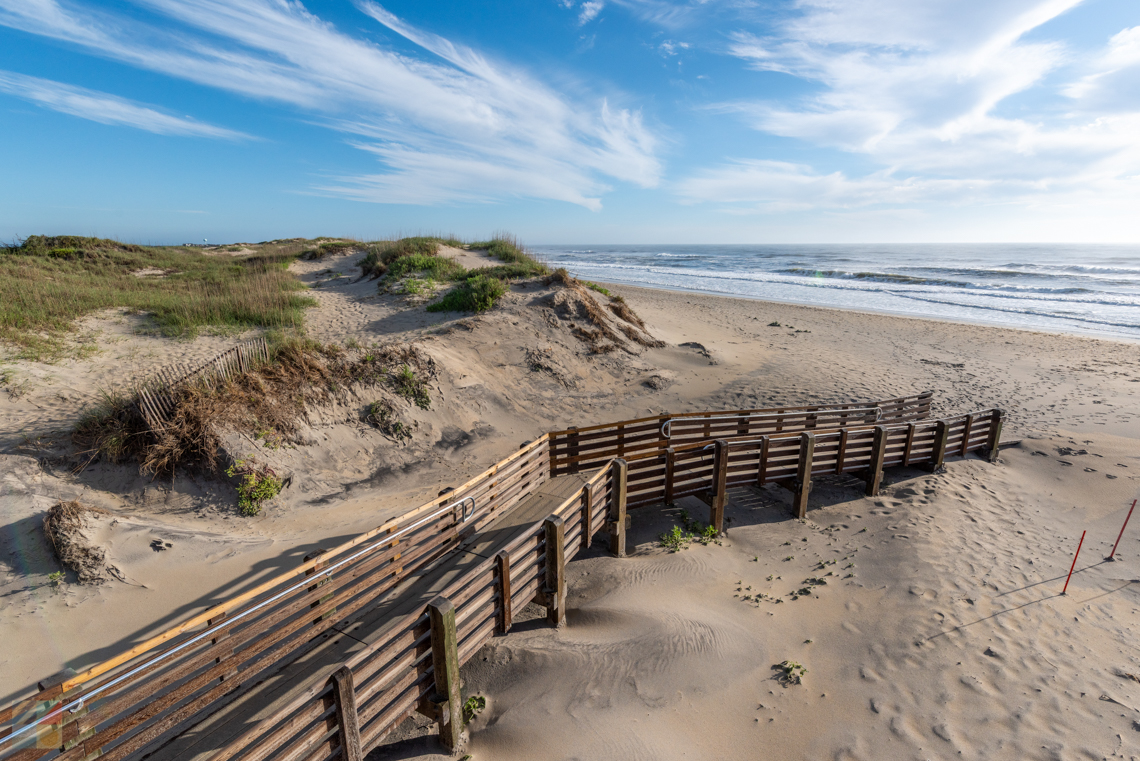
Nags Head Fun Facts
- Though just one town, Nags Head is often referred to as two different communities - "Nags Head" and "South Nags Head."
- South Nags Head begins at the end of US Highway 158, and comprises of a small community of vacation homes that are located 1-5 lots away from the beach.
- Nags Head is bordered to the east by the Atlantic Ocean, and is bordered to the west by the Albemarle Sound. South Nags Head is bordered to the west by the Roanoke Sound, and subsequently Roanoke Island.
- There are no alligators in the Albemarle Sound, but the region is home to thousands of seasonally migrating birds, as well as plenty of fish, reptiles, and even the occasional nutria and otter.
- Along with Currituck County, Nags Head was one of the first areas of the Outer Banks that attracted visitors, thanks to its locale that was just a day's boat ride across the Albemarle Sound for mainland residents.
- The first "beach homes" along the Nags Head oceanfront were established in the 1880s, and were comprised of salvaged materials.
- In 1970, the town's year-round population was 414. Today, the year-round population hovers around 2,800, making it one of the most populated beach towns along the Outer Banks.
- This population swells to 40-50K in the summer months when the town is filled with beach vacationers
- Nags Head is 6.6 square miles in area, which includes just 0.1 square miles of water.
- Nags Head is home to a big portion of the Nags Head Woods Ecological Preserve, which is a whopping 1,092 acres.
- Jockey's Ridge State Park, one of Nags Head's most visited attractions, is just 426 acres in area, but features the tallest active sand dune system in the Eastern United States.
- Scientists estimate that the famed sand dunes of Jockey's Ridge were established roughly 7,000 years ago.
- Jockey's Ridge is known as one of the best hang gliding destinations on the Eastern Seaboard.
- Nags Head is home to one of the oldest fishing piers, Jennette's Pier, and one of the oldest restaurants in the Outer Banks.
- Nags Head has its own beach cottage historic district, with homes that date back to the early 1900s, which is known as "Millionaires Row."
- Nags Head was devastated by 2003's Hurricane Isabel, which destroyed a number of beach homes as well as the historic Jennette's Pier.
- The pier was subsequently rebuilt after Hurricane Isabel to become one of the longest piers in NC at 1,000' feet long.

KEES Vacations offers the best Outer Banks rentals for family vacations, romantic weekend getaways and groups of all sizes looking for the perfect OBX rental for their stay. When booking with KEES Vacations, travelers can expect excellence in...
Founded in 1984 on the coast of the Outer Banks, NC, Farmer’s Daughter still remains a destination for people wanting great quality, outstanding selection of unique clothing, accessories, and gifts at affordable prices. Committed to offering...
QUALITY YOU CAN SEE, FRESHNESS YOU CAN TASTE! Every cup made to order with the freshest ingredients and handcrafted loose leaf tea brewed to perfection! Combining all the natural gifts from mother nature!
Owned by Garry Oliver, the proprietor of the Outer Banks Fishing Pier, this small wooden aqua blue-colored store on the Nags Head-Manteo causeway has been serving the needs of fishermen for decades. A full line of tackle is available for all types...




